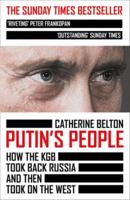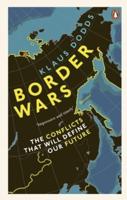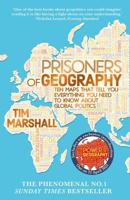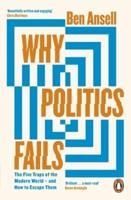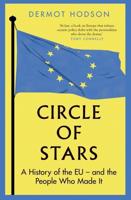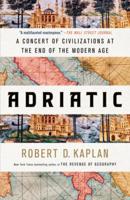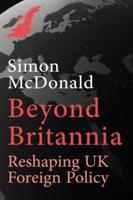Publisher's Synopsis
The Chinese ideograph for "crisis" is a combination of the characters for "danger" and "opportunity". In this textbook assessment of international crisis behaviour, Eric Herring explains how both are crucial to understanding crisis outcomes.;Herring links two analytical perspectives: the view in which the opponent is an aggressor seeking to exploit opportunities; and the view that decision-makers are driven by danger. He examines outcomes in a variety of case studies: classic US-Soviet examples such as the Cuban missile crisis in 1962; clashes between other states, such as the Falklands in 1982; and the major post-Cold War crisis of the Gulf in 1991.;Herring argues that nuclear superiority has little effect whereas conventional military superiority - especially locally - can be important in deciding crisis outcomes. However, decision-makers who think they have military superiority tend to misperceive opponents who stand up to them as irrational. Having more at stake than the opponent is a crucial advantage as long as both sides do not want war. Strategic culture affects outcomes indirectly by shaping perceptions of interests, options and opponents.

